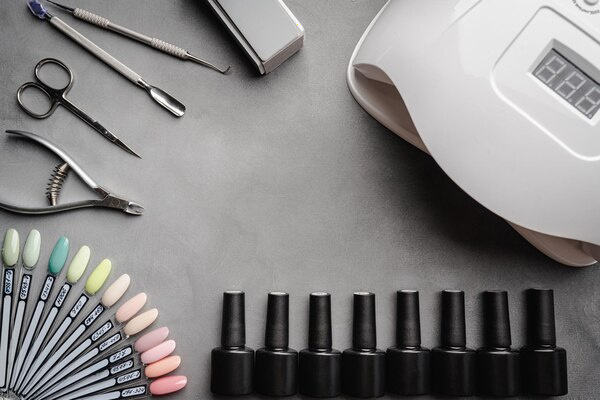Harnessing the Power of Aromatherapy
Aromatherapy, the practice of using essential oils and aromas to improve physical and psychological well-being, has gained popularity in recent years as a holistic approach to health. The use of essential oils dates back thousands of years, with ancient civilizations recognizing the therapeutic benefits of plant extracts. Today, aromatherapy has evolved into a widely accepted alternative therapy, embraced by both natural health enthusiasts and mainstream medicine.

The power of aromatherapy lies in the ability of essential oils to stimulate the olfactory system, which then sends signals to the brain, affecting emotions and physiological responses. Different essential oils have unique properties that can promote relaxation, boost energy, enhance concentration, relieve stress, and alleviate a variety of physical ailments. For example, lavender oil is renowned for its calming effects and is often used to promote relaxation and improve sleep, while peppermint oil is known for its invigorating and energizing properties.
Aromatherapy can be administered through various methods, including inhalation, topical application, and diffusion. Inhalation, in the form of aromatherapy inhalers or direct inhalation from the bottle, is a popular method for providing rapid relief from stress or anxiety. Topical application involves diluting essential oils in a carrier oil and applying them to the skin through massage or in bath water. This method is often used for pain relief, relaxation, or skin care. Diffusion is another common method, utilizing devices such as diffusers to disperse essential oils into the air, filling a space with their therapeutic aroma.
Research has shown that aromatherapy can have a positive impact on various health conditions. For example, studies have demonstrated the effectiveness of essential oils in reducing anxiety and improving sleep quality. Additionally, certain essential oils have exhibited antimicrobial and anti-inflammatory properties, making them beneficial for treating respiratory issues and skin conditions. While aromatherapy is not a replacement for conventional medicine, it can be a valuable complementary therapy to support overall health and well-being.
It is important to note that, as with any natural therapy, individuals should exercise caution and seek guidance from a qualified aromatherapist or healthcare practitioner when using essential oils. Some essential oils can cause adverse reactions, especially if used in high concentrations or by individuals with certain health conditions. Pregnant women, children, and pets may also require special considerations when using aromatherapy.
In conclusion, aromatherapy offers a natural and holistic approach to enhancing both mental and physical health. By harnessing the power of essential oils, individuals can experience the benefits of this ancient practice in their daily lives. Whether seeking relaxation, stress relief, or overall wellness, aromatherapy provides a versatile and effective means of self-care. Embracing the therapeutic potential of aromatherapy can lead to a greater sense of balance and well-being in our modern, fast-paced world.